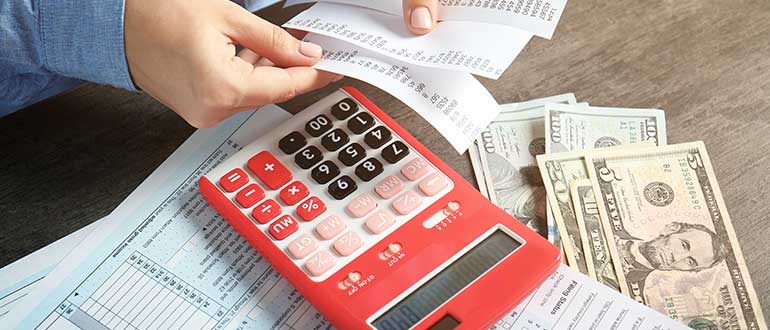
Tax liens are a vital aspect of the financial system, allowing the government to collect unpaid taxes. Understanding how a lien works is essential to comply with the relevant regulations. This blog will explain how does a tax lien work, how they are implemented, and the implications for those affected.
What Is a Tax Lien?
A tax lien is a legal claim the government takes against a taxpayer’s property or assets when the taxpayer fails to pay taxes. A lien is a way for the government to secure its claim on the taxpayer’s property or assets until the taxes are paid. The government may place a lien on any of the taxpayer’s assets, including real estate, bank accounts, and other personal property. The lien is typically placed by the Internal Revenue Service (IRS).
How Does a Tax Lien Work?
When the IRS places a lien on a taxpayer’s assets, it is essentially a claim against the assets until the taxpayer pays the taxes owed. The taxpayer will be notified of the lien by the IRS. The lien applies to all of the taxpayer’s assets, and the taxpayer cannot transfer or sell them until the lien is removed. The lien is also a public record, so creditors and other interested parties can see it.
The taxpayer is responsible for paying the taxes owed, plus any interest and penalties. The IRS has the right to seize the property or assets if the taxes are not paid. The lien will remain in place until the taxes are paid in full, or the IRS releases the lien.
Benefits of Tax Liens
Tax liens are a popular investment option for diversifying portfolios and achieving higher returns. Here are five benefits of investing in tax liens:
- High Returns: Tax liens often offer high returns on investment (ROI). The interest rate on tax liens can be as high as 18% annually and in some cases, even higher. This is significantly higher than the returns offered by other investments, such as stocks and bonds.
- Low Risk: Investing in tax liens is a low-risk endeavor. Government-backed entities secure tax liens, so investors are guaranteed to receive their investment back, plus the interest.
- Easy to Research: Researching tax liens is relatively easy. Many states provide online resources that allow investors to access information about tax liens, such as the amount owed, where the lien is filed, and the interest rate.
- Low Initial Investment: Tax liens require low initial investment, making them an attractive option for those with limited funds. In many cases, the amount needed to purchase a tax lien is equal to the taxes owed on the property.
- Quick Returns: Tax liens often provide immediate returns. The money is typically returned to the investor within a few months, depending on when the lien is redeemed.
Tax liens are an excellent investment for those looking for high returns with low risk. They require low initial investment, provide quick returns, and are easy to research.
Consequences of Not Paying a Tax Lien
Those who do not pay their taxes face serious consequences, impacting their finances, credit standing, and other aspects of their life. Here are five consequences of not paying a tax lien:
- Seizure of Property: One of the most severe consequences of not paying a tax lien is that the government can seize any property you own. This includes luxury items such as cars, boats, jewelry, and real estate. The government may also put a lien on any property you purchase in the future until the debt is fully paid.
- Wage Garnishment: The government can garnish your wages if you do not pay your tax lien. This means the government can take a certain amount of money directly from your paycheck until the lien is paid in full. This can significantly impact your finances, as it reduces your disposable income.
- Interest and Penalties: The longer you wait to pay your tax lien, the more you will be required to pay. The government charges interest and penalties on unpaid taxes, which can quickly add up. The longer you wait, the more you will pay.
- Credit Score Reduction: Unpaid taxes can seriously impact your credit score. This can make it difficult to get a loan or qualify for a credit card in the future.
- Jail Time: In extreme cases, the government can take you to court, and you could face jail time if you do not pay your tax lien.
